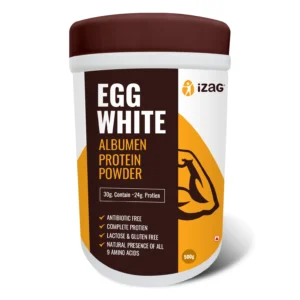When it comes to protecting your skin from the sun, sunscreen is your best friend. But how exactly does it work? Let’s break it down in a way that’s easy to understand.
What is Sunscreen?
Sunscreen is a special lotion, cream, or spray that you apply to your skin. Its main job is to protect your skin from the sun’s harmful rays. Think of it as a shield that keeps your skin safe from sunburn, premature aging, and even skin cancer.
How Does Sunscreen Work?
Blocking UV Rays: Sunscreen contains ingredients that help block or absorb ultraviolet (UV) rays from the sun. There are two main types of UV rays that can harm your skin:
UVA Rays: These rays penetrate deep into the skin and can cause wrinkles and aging.
UVB Rays: These rays are responsible for sunburn and can contribute to skin cancer.
Sunscreen uses different ingredients to handle these rays:
Chemical Filters: Ingredients like avobenzone or octocrylene absorb UV rays and turn them into harmless heat.
Physical (Mineral) Filters: Ingredients like zinc oxide and titanium dioxide sit on top of your skin and reflect UV rays away.
SPF Explained: SPF stands for Sun Protection Factor. It tells you how long you can stay in the sun without getting sunburned compared to if you weren’t wearing sunscreen. For example, if you normally start to burn after 10 minutes in the sun, SPF 30 would theoretically allow you to stay in the sun 30 times longer (about 300 minutes) without burning.
Broad-Spectrum Protection: Many sunscreens offer “broad-spectrum” protection. This means they protect against both UVA and UVB rays, giving you more complete sun protection.
Some natural alternatives
If you’re looking for natural sunscreen alternatives, there are several options you might consider. These natural ingredients can offer some level of sun protection, although they may not be as effective as commercially formulated sunscreens. Here are a few natural sun protectors:
Aloe Vera: Primarily known for its soothing properties, aloe vera has some degree of sun protection and can help soothe sunburned skin.
Zinc Oxide: Often used in natural sunscreens, zinc oxide is a mineral that provides broad-spectrum protection against both UVA and UVB rays. Look for sunscreens where zinc oxide is one of the primary ingredients.
Titanium Dioxide: Another mineral that provides physical sun protection. Like zinc oxide, it works by sitting on the surface of the skin and reflecting UV rays.
Red Raspberry Seed Oil: This oil is often touted for its natural SPF properties. It’s believed to offer moderate protection against both UVA and UVB rays.
Carrot Seed Oil: Known for its potential UV-blocking properties, though it’s usually recommended to be used in combination with other sun protection methods.
Coconut Oil: While coconut oil does offer some level of natural sun protection (around SPF 4-5), it should not be relied upon as your primary form of sun protection.
Shea Butter: Contains compounds that provide some natural UV protection. It’s also very moisturizing for the skin.
Green Tea: Contains antioxidants that can help protect the skin from damage caused by UV rays. You can use it topically or drink it to support overall skin health.
While these natural ingredients can offer some level of protection, they are generally not as reliable as conventional sunscreens. For effective sun protection, it’s usually best to use a broad-spectrum sunscreen with a high SPF, wear protective clothing, and avoid excessive sun exposure during peak hours.








